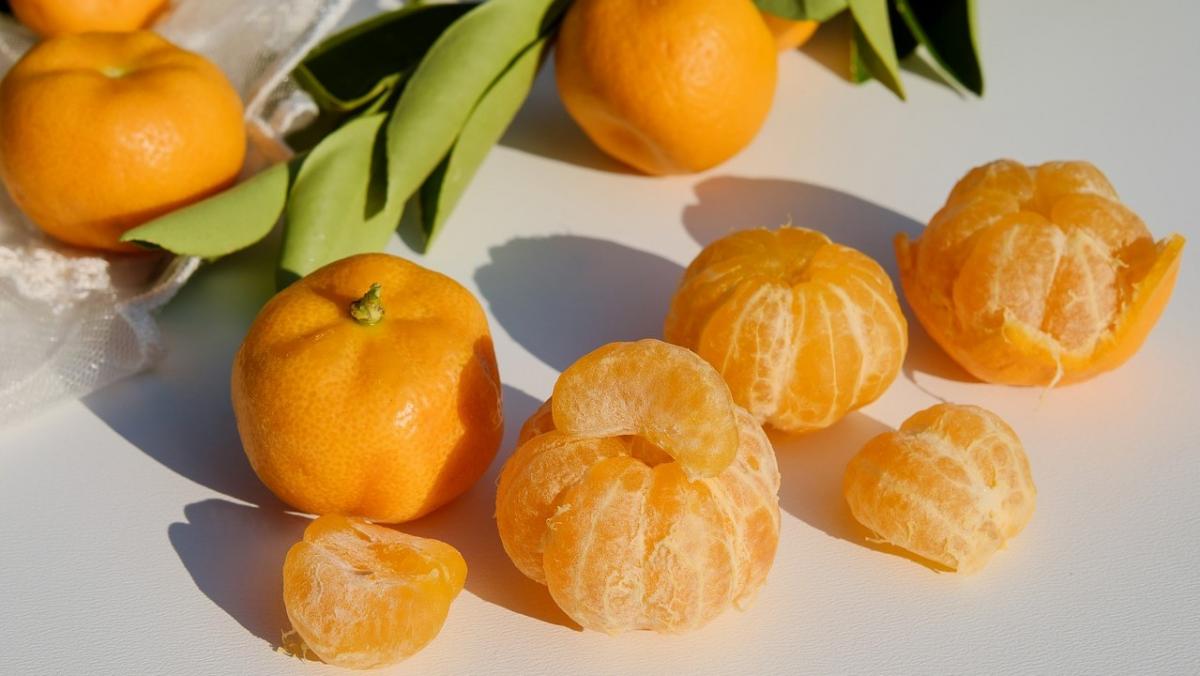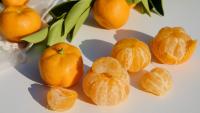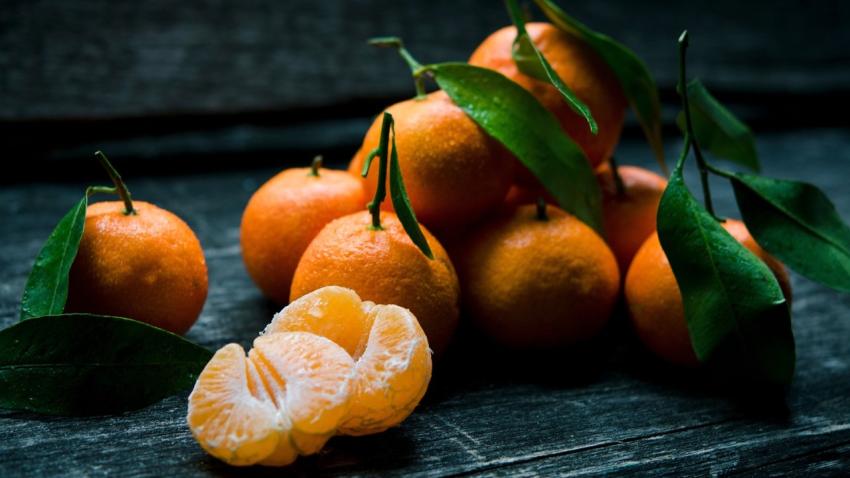You are here
Back to topSouth Africa’s Citrus Sector Suffers Amid Violent Protests

On July 9, violent protests erupted in South Africa as former President Jacob Zuma began serving his 15-month jail sentence for contempt of court. As the unrest continued to escalate, a number of national roads in the country became blocked and the Port of Durban, the largest and busiest shipping terminal in sub-Saharan Africa, drew to a standstill, with drivers choosing to stay at home rather than risk their lives on the road while protestors were setting tires alight and throwing stones at trucks, resulting in extensive traffic disruption.
One victim of the social unrest is South Africa’s citrus sector, for which July is among the busiest months for exports. The blockage of the N2 and N3 national roads has caused a temporary halt in citrus shipments. In an interview, Justin Chadwick, CEO of the Citrus Growers’ Association of Southern Africa, expressed his concern over the impact of the current violence on this year’s citrus season, saying that ripe fruits would not wait on the tree until the end of the protests. Harvesting and packaging had to proceed as usual to avoid bringing huge losses to citrus growers. Citrus fruits picked during this period are being kept in cold storage facilities on farms until the roads are reopened to traffic.
Chadwick also pointed out that this wave of riots would have a prolonged ripple effect on the fruit trade. Once the flow of agricultural goods returns to normal, ports and major roads throughout the country are expected to bear a huge traffic pressure. Moreover, large amounts of citrus products flooding into the market within a very short period will likely exert substantial downward pressure on prices.
As of July 16, South Africa had already packed 86 million cartons of citrus fruit (approximately 1.29 million metric tons) and shipped 62.7 million cartons (940,500 metric tons), and it is estimated that the total export volume this season will hit 156.1 million cartons (2.34 million metric tons). However, the biggest challenge at present is how to transport these citrus products to harbors and ship them to overseas markets with the least delay possible.
Image: Pixabay
This article was translated from Chinese. Read the original article.












Add new comment